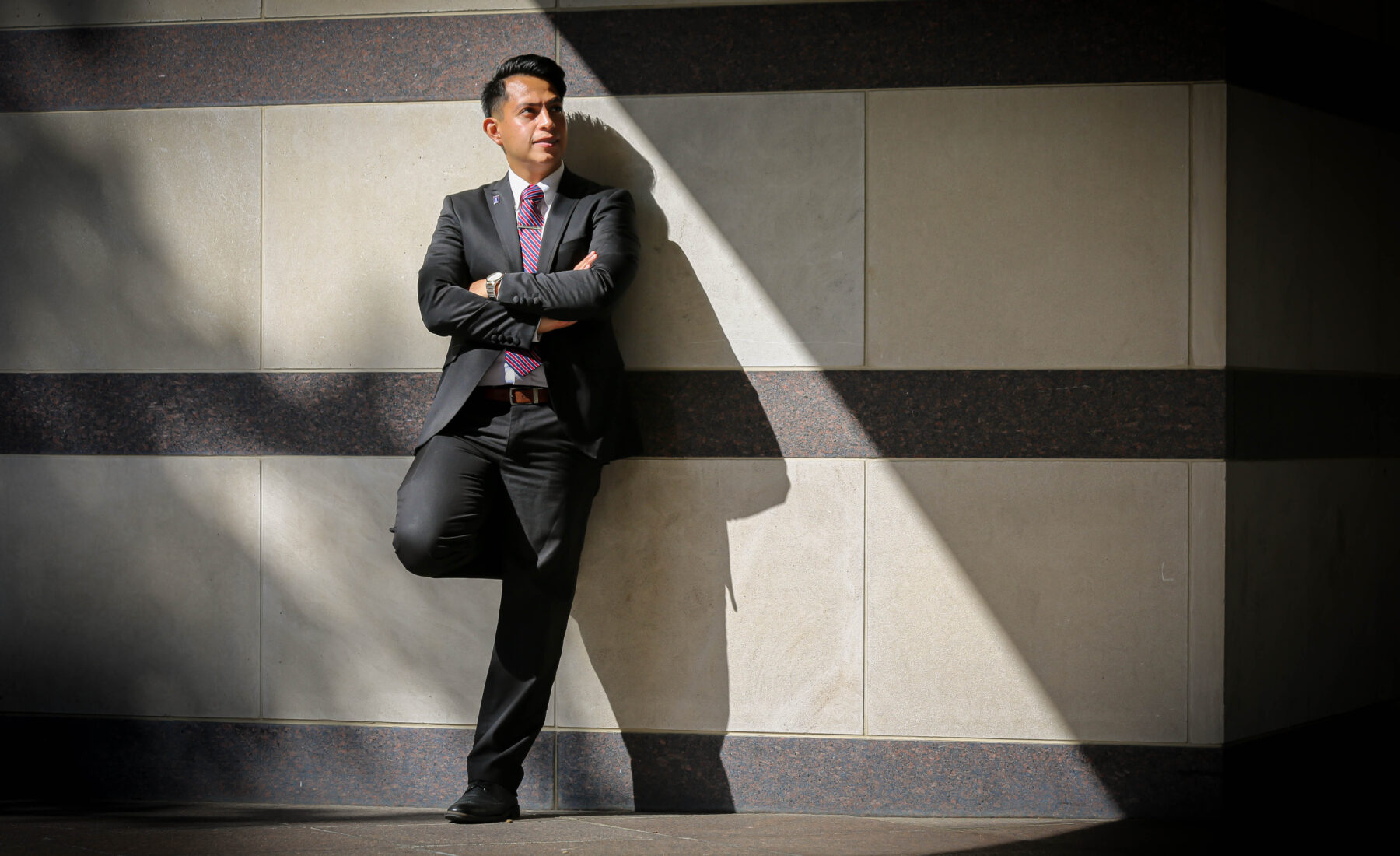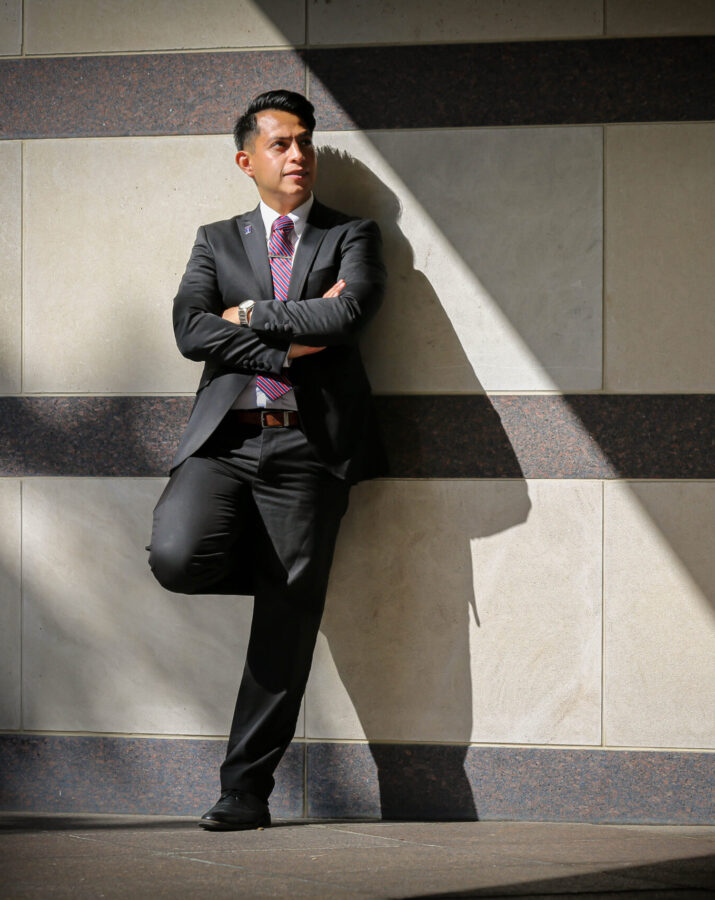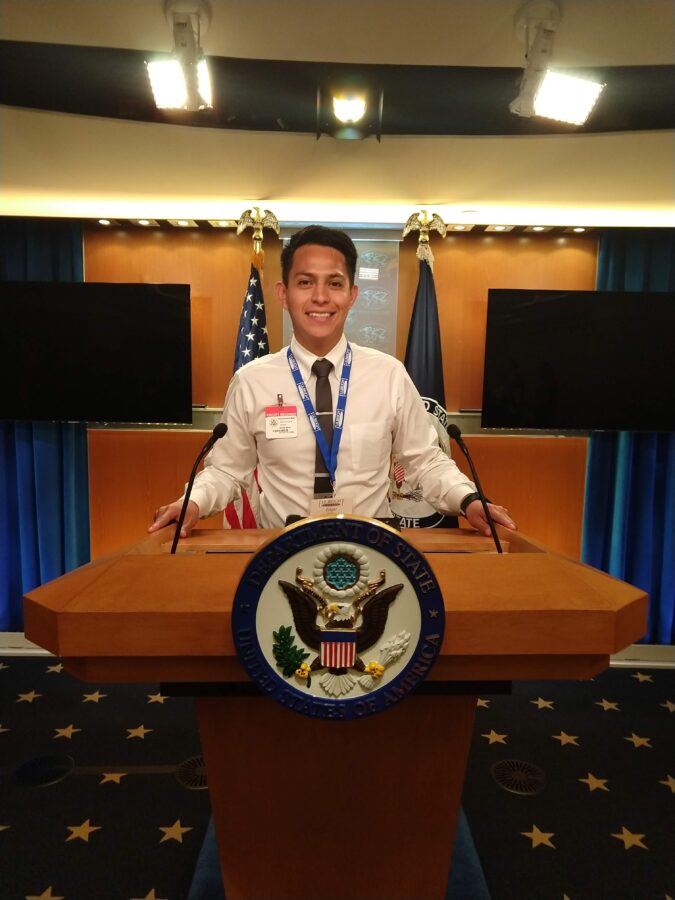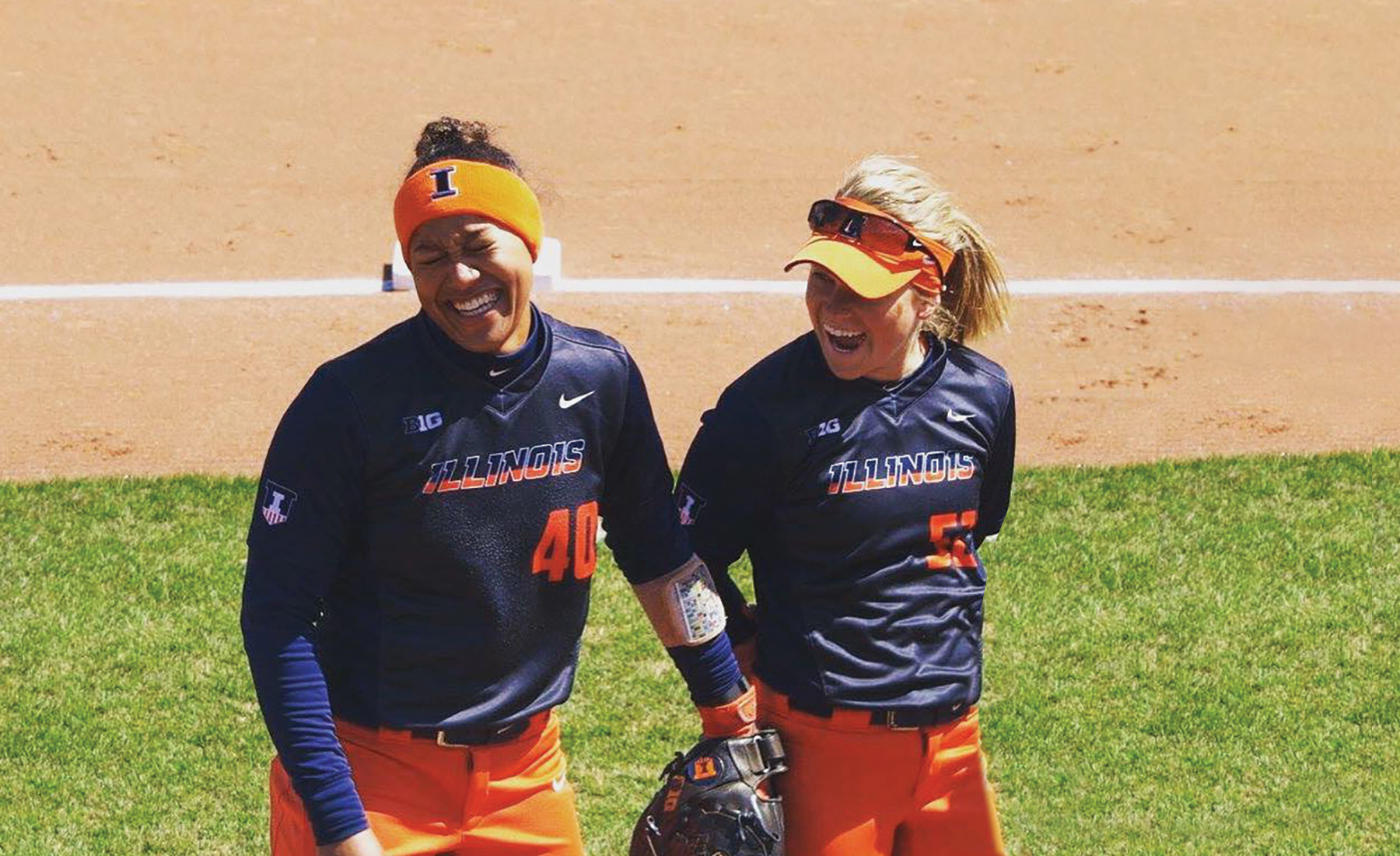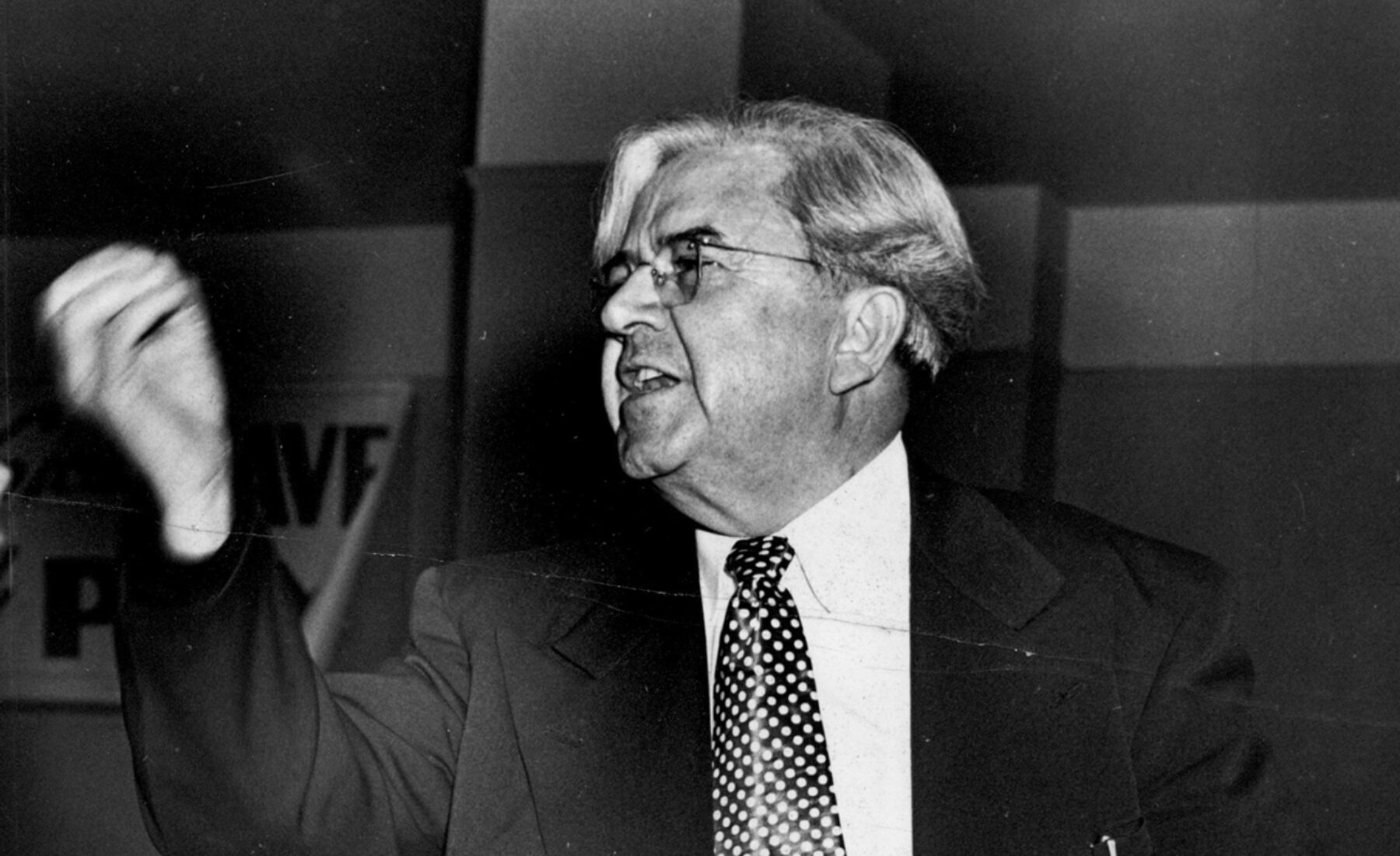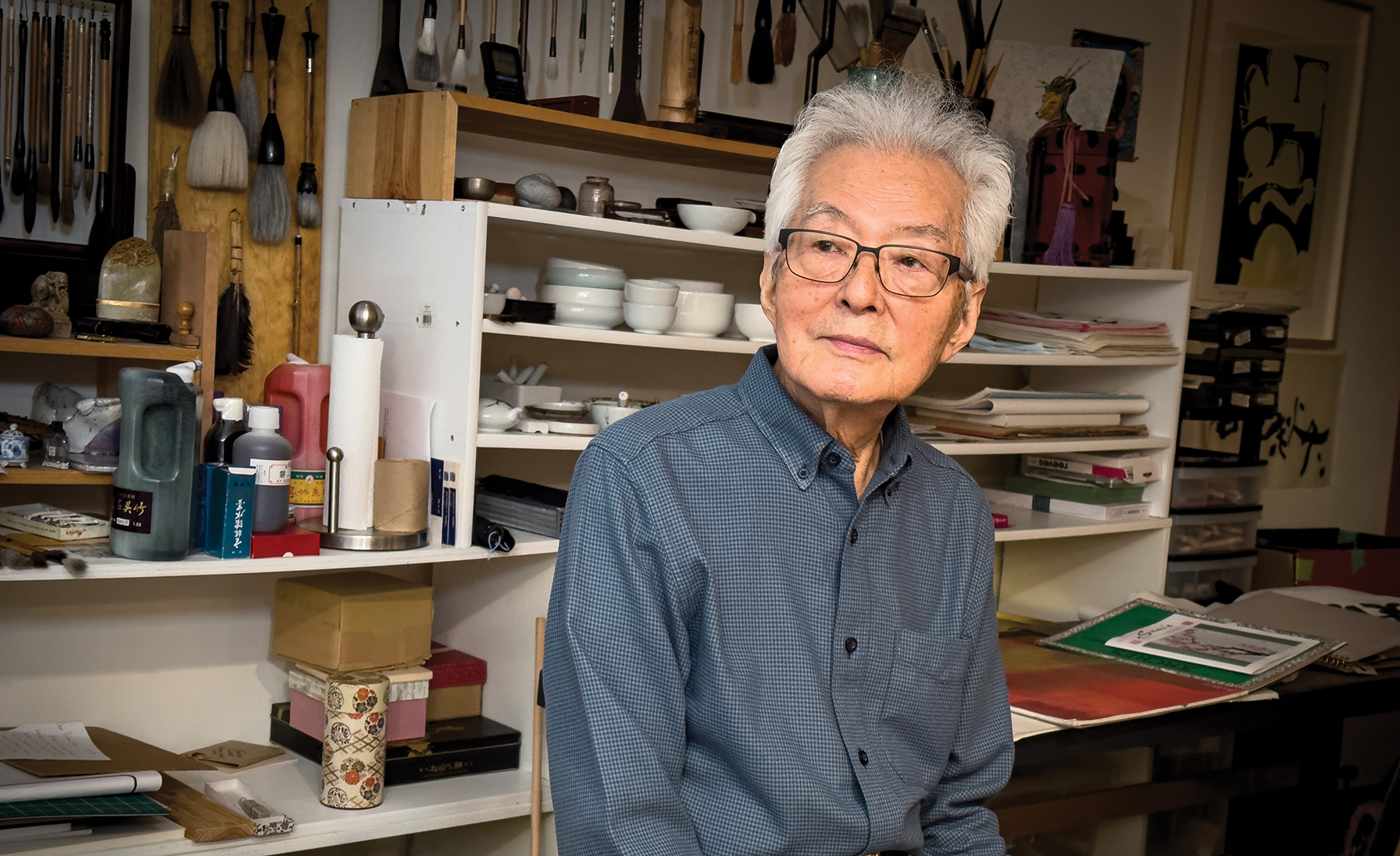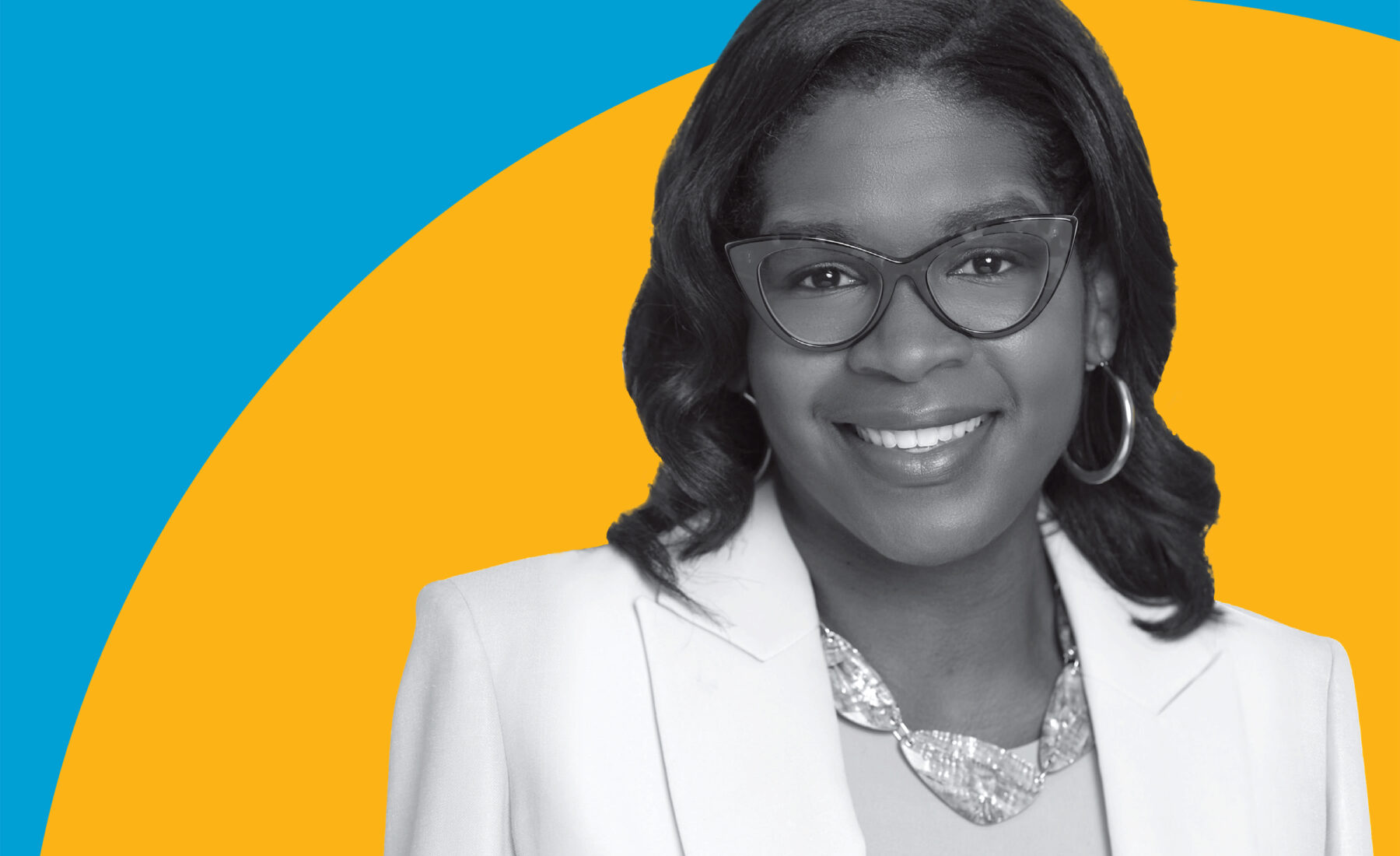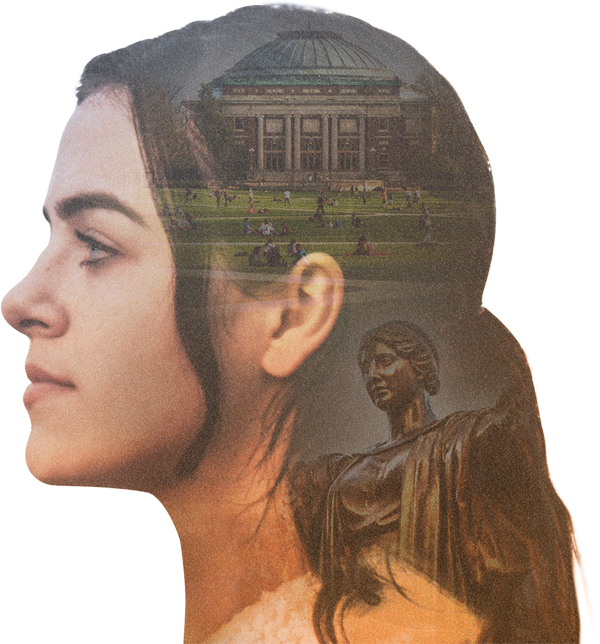How did you decide to come to Illinois?
I was born into a Mexican family during the short time my father was working for a Mexican bank in Columbus, Ohio. An American citizen by birth, but Mexican by culture, I grew up in Mexico. I stayed there until the age of 17. Upon completing my high school studies, I returned to the U.S. to pursue higher education with the hopes of becoming an engineer. In 2012, I enrolled in an English as a Second Language (ESL) program at Harry S Truman College. For the first few years, the language barrier made it difficult to communicate my ideas and feelings. Additionally, my parents, who stayed in Mexico, could not support me financially, which pushed me to work two jobs while going to school.
The only thing I knew was I had the desire to become a successful engineer. I started taking college-level courses. In the same year, I joined TRiO, a federal program that provides supportive services for individuals from disadvantaged backgrounds attending community college. Roberto Valadez (LAS, ’02), the director of the program, challenged me to get good grades and participate in extracurricular activities that together would help me to transfer to one of the most competitive engineering programs in the country. I was thrilled when I received my acceptance letter from Illinois.
Recently, you worked with the State Department as a Fulbright Scholar. Can you explain what you were working on and what that experience was like?
After I graduated from Illinois in 2018, I was awarded a Fulbright Scholarship to conduct research in the Middle East for a year. Being a Fulbright scholar was a two-part experience for me: one revolved around me pursuing my passion for doing research in additive manufacturing, plastics, and sustainability. I worked on upcycling plastic waste into material for 3D printing at the United Arab Emirates University in Abu Dhabi. The second track included being an informal ambassador for the U.S. I mentored, networked, and developed relationships with Emirati students.
Throughout this program, I had the opportunity to mentor four undergraduate students on the fundamentals of research. I was also involved with the U.S. Embassy in the UAE, encouraging Emirati students to study abroad in America.
Then, in 2019, the United Nations launched the Summer Solutions competition, a call for innovative solutions to three climate challenges (climate information, circular economy, and ethical fashion) developed by and for young people. From more than 150 entries, five projects were selected, including mine. My project was a direct application from my work during my Fulbright research program. The idea was to couple upcycling plastic waste with a network of manufacturing centers to make everyday items on-demand. This would be the first step to establish a worldwide circular economy.
How did you become interested in tackling the issue of plastic waste?
During my middle school and high school years, I went on mission trips to remote communities in the state of Guerrero in Mexico. While the primary purpose of those visits was to share the word of God and support the communities, I especially enjoyed teaching the kids in the community how to separate solid waste and create compost for fertilizer. This experience allowed me to see firsthand the effect of mishandling waste.
How did receiving the Engineering Visionary Scholarship contribute to your experience at Illinois?
The Engineering Visionary Scholarship helped me realize that there are people who believe in investing in people like myself. These visionary donors, primarily engineers, provide financial support to highly motivated and talented students to become the next generation of exceptional engineers. Obtaining their financial support allowed me to spend more time doing research instead of doing extra work to pay for my everyday living expenses. This support allowed me to discover my passion for research.
What do you consider the most influential experience you’ve had—or the most influential person in your life—and how did that experience or person change you?
I would say that that the first couple of years since I returned to the U.S. was critical in steering my life in a particular direction. Adjusting to a new country while learning a new language by myself at 17 was rather challenging. However, I took this situation as an opportunity to improve myself and learn from it. I put myself through college by working two jobs and getting good grades so I could apply for scholarships. Nonetheless, it is critical to mention that I had the support of diverse mentors and governmental or private scholarships.
During my first semester a Illinois, I decided to look for a source of income that could relate more to my future career. I looked for research opportunities on campus. One day, I put a suit on and printed thirteen copies of my resume. After I talked with ten professors, they told me that I would first need to prove myself here since I was a transfer student. Two other professors allowed me to join their laboratories. Still, since I was an undergraduate student, they could not pay me. However, Hector Lopez, a Ph.D. (GRAINGER ’17) in the Autonomous Materials System group, allowed me to join his project. Hector was and continues to be a mentor who helps me on my scientific path.
All these experiences allowed me to understand that we can help each other in a chain reaction and pay it forward.
You just started your doctoral program this fall. What will be your focus and what do you hope to do after your program?
I am starting my PhD in materials science and engineering under the supervision of Professor Nancy Sottos. My research focuses on studying potential avenues to recycle hard plastics, something that once was thought impossible. The goal of pursuing a doctoral degree is to obtain the technical knowledge needed to establish my own company in the future. My long-term goal in life is to help establish a global circular economy by developing plastics that are purposely created to be chemically recycled after their initial use is over. The general idea is to couple the use of deconstructable cross-linked polymers with additive manufacturing to create a global network of on-demand fabrication centers. Thus, once a plastic item has reached its end-of-life phase, it can be chemically recycled to make a variety of items available in an online collection of designs.
I see you your phone’s home screen has a photo of plastic trash washed up on a beach. Can you tell me about that?
I have had the privilege of traveling to different parts of the world and seeing other realities with my own eyes. On my last visit to India, I spent one month traveling between small villages and learning about their culture. On that trip, I was exposed to the consequences of the plastic waste that is present today. We often do not get to see the direct effects of our actions, or we forget it. I keep a picture that I took as my phone background to remind me of other realities. I work hard to participate in proposing a comprehensive solution to today’s plastic waste crisis.
